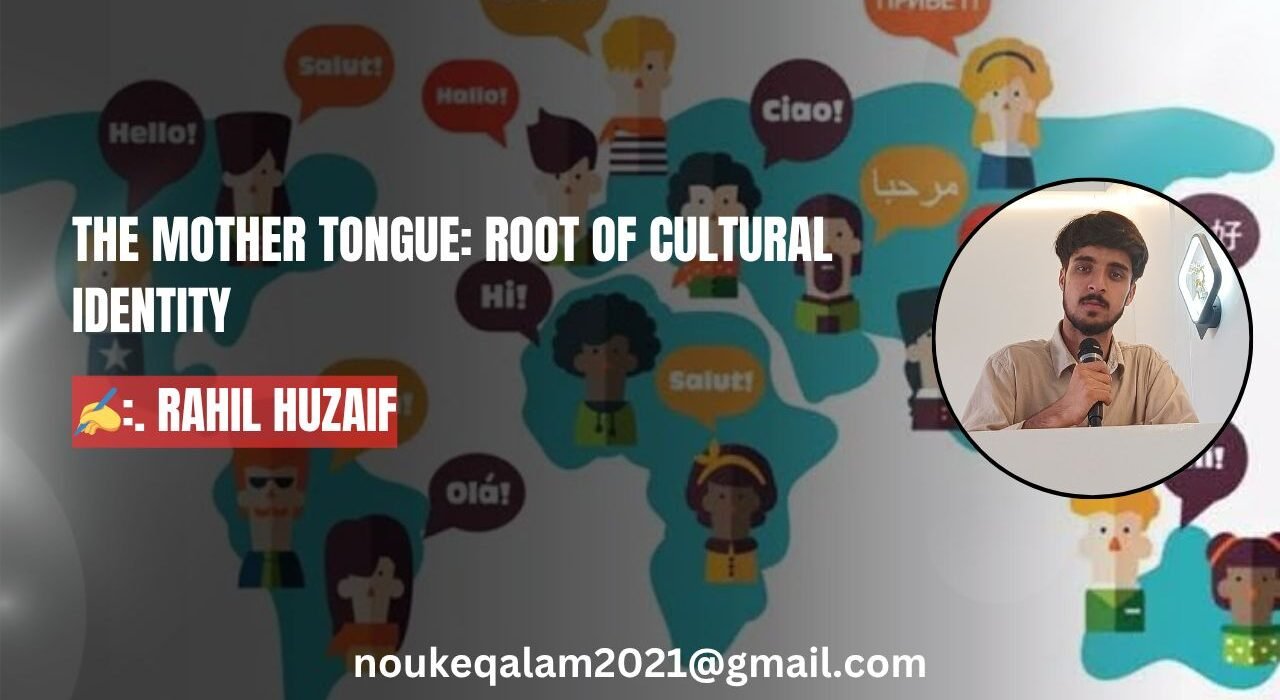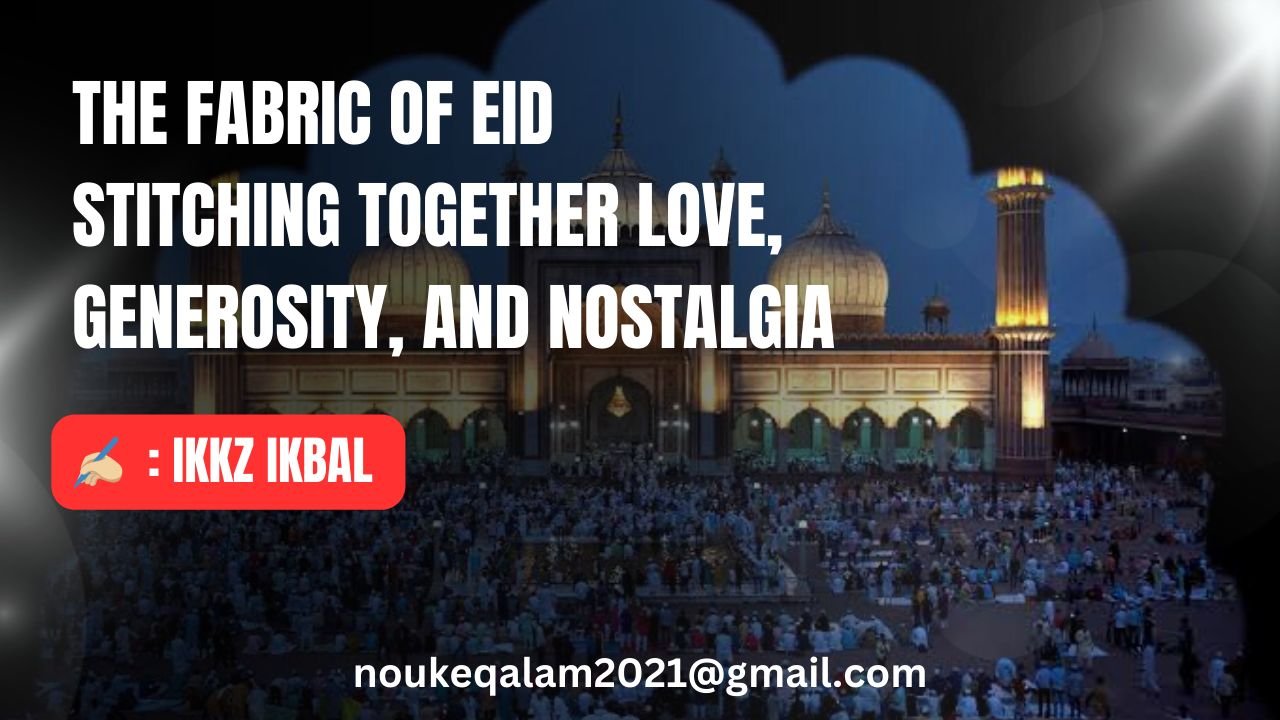Language is a medium of exchange through which we share and convey ideas. It involves communication between two or more individuals. Language serves as an identifier—connecting people of different dialects, regions, nations, and generations.
It is the most fundamental means of communication.
Our mother tongue is the truest reflection of our identity. It signifies where we come from. It is deeply tied to our culture and is with us from birth—our earliest, childhood connection to the world.
Mother tongue plays a crucial role in shaping the identity of a nation, region, or community. It is often said, “The mother tongue is the key to our prison,” emphasizing its power to unlock our cultural essence. Yet, unfortunately, fewer people today are fluent in their native languages.
Many individuals are now unable to understand or speak their own mother tongue. When it comes to reading or writing in it, even fewer are capable. Recognizing even a single word can become a challenge.
This is because many children are being raised with foreign languages, while their native language—their very identity—is being neglected.
We often imitate or adopt Western cultures at the cost of our own. This leads to a loss of our cultural and traditional knowledge. It’s like, as the saying goes, “Putting the axe to our own feet.”
In doing so, we risk losing the cultural and traditional identity that our ancestors preserved for generations.






